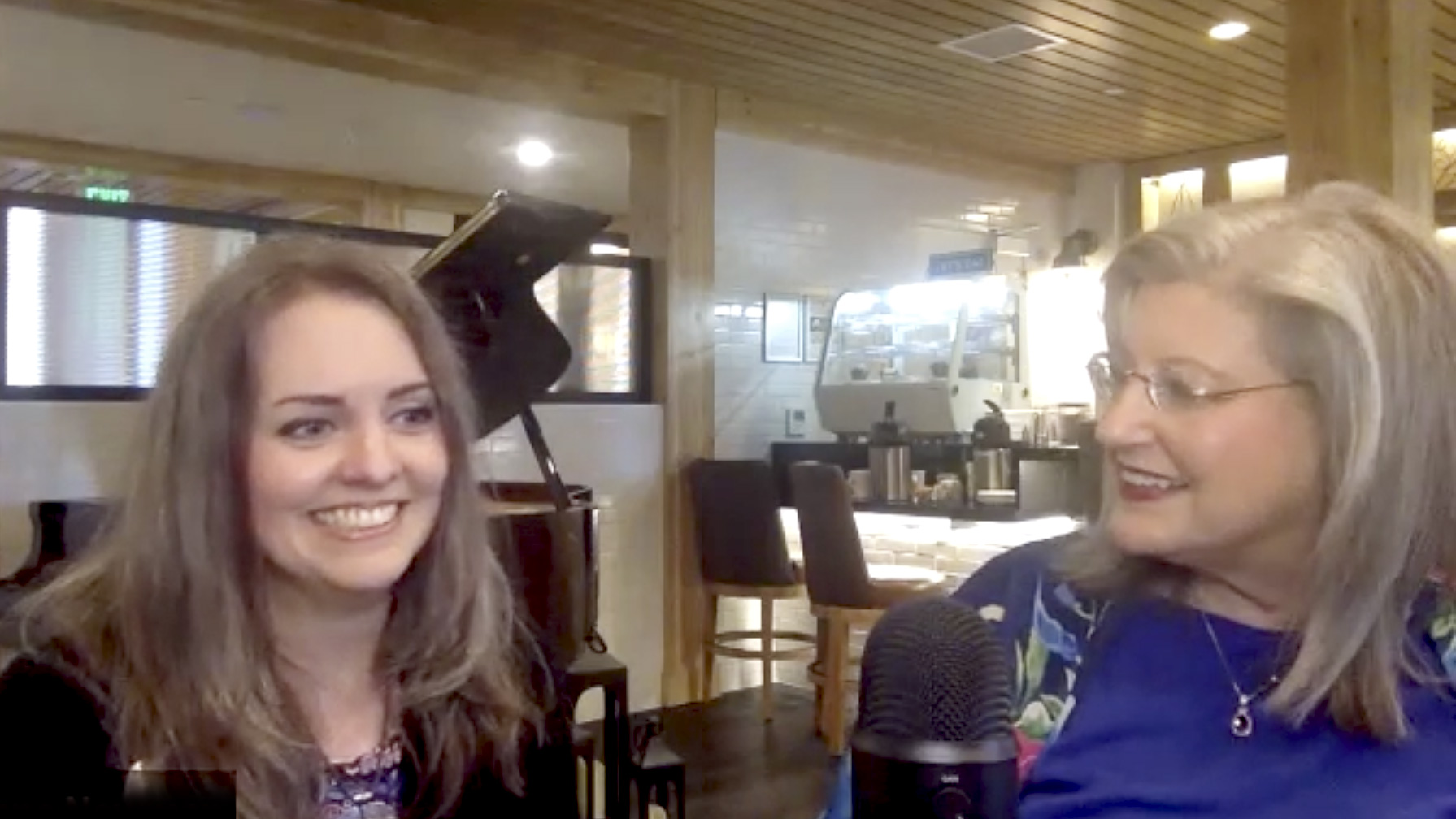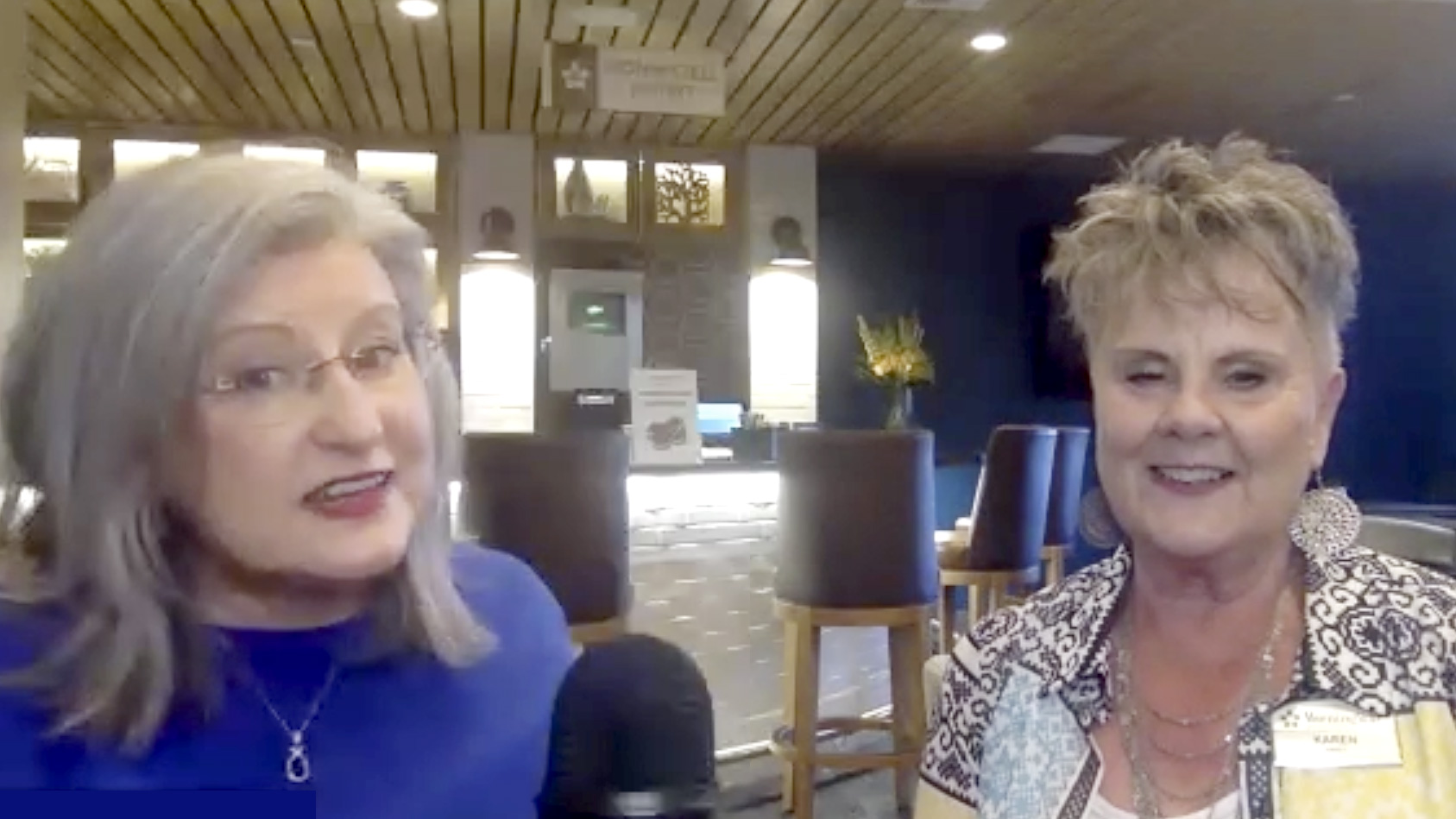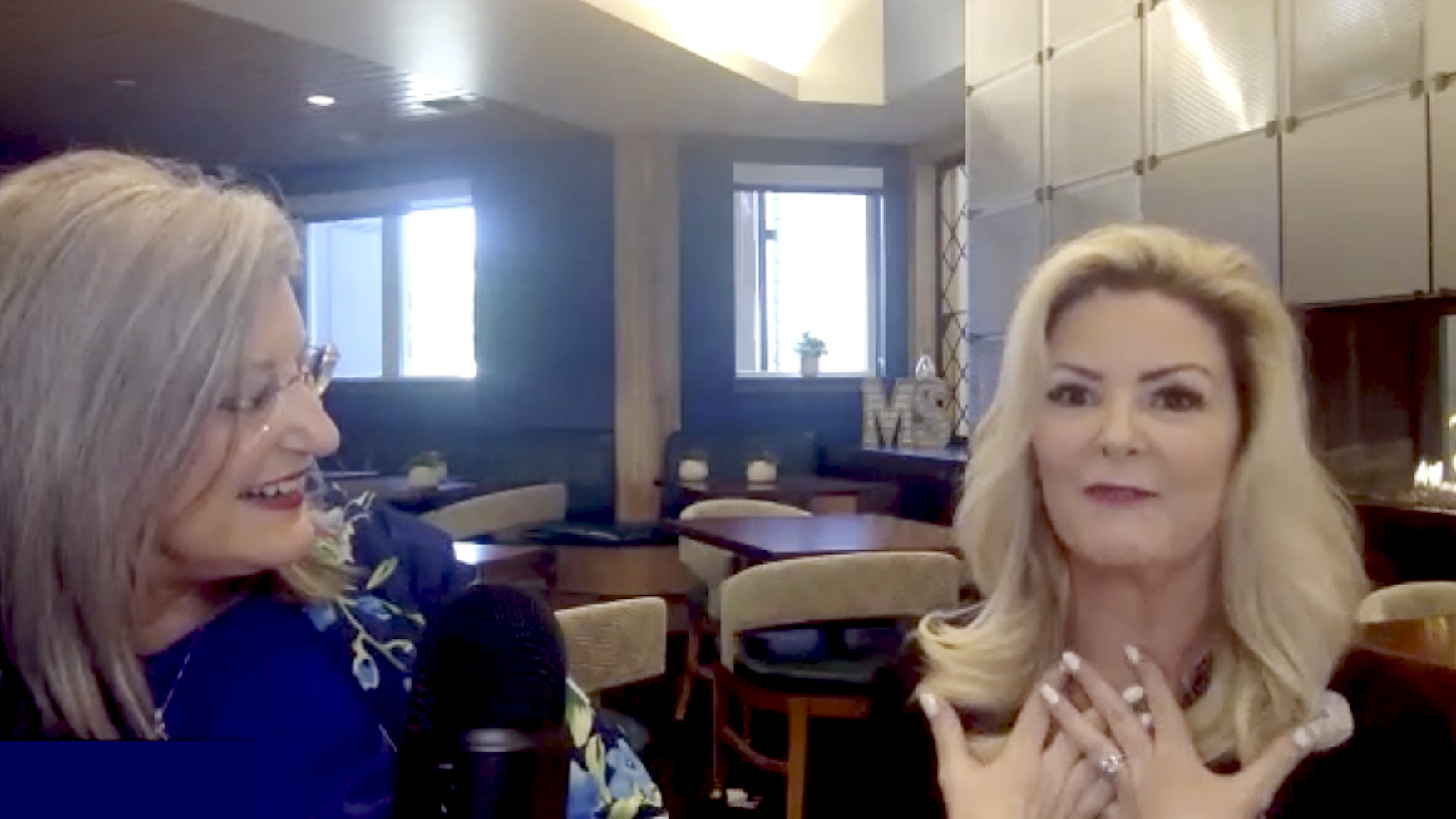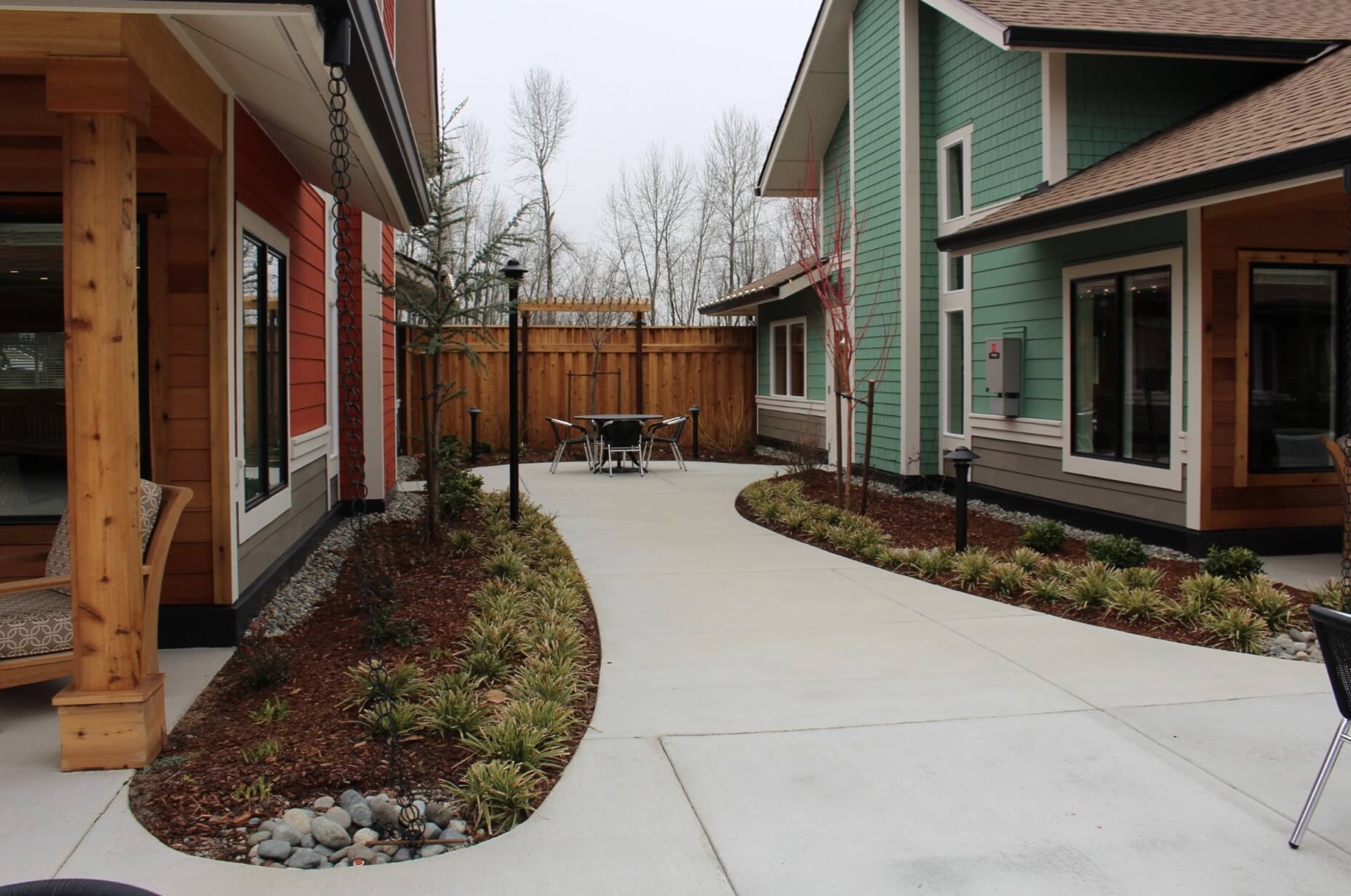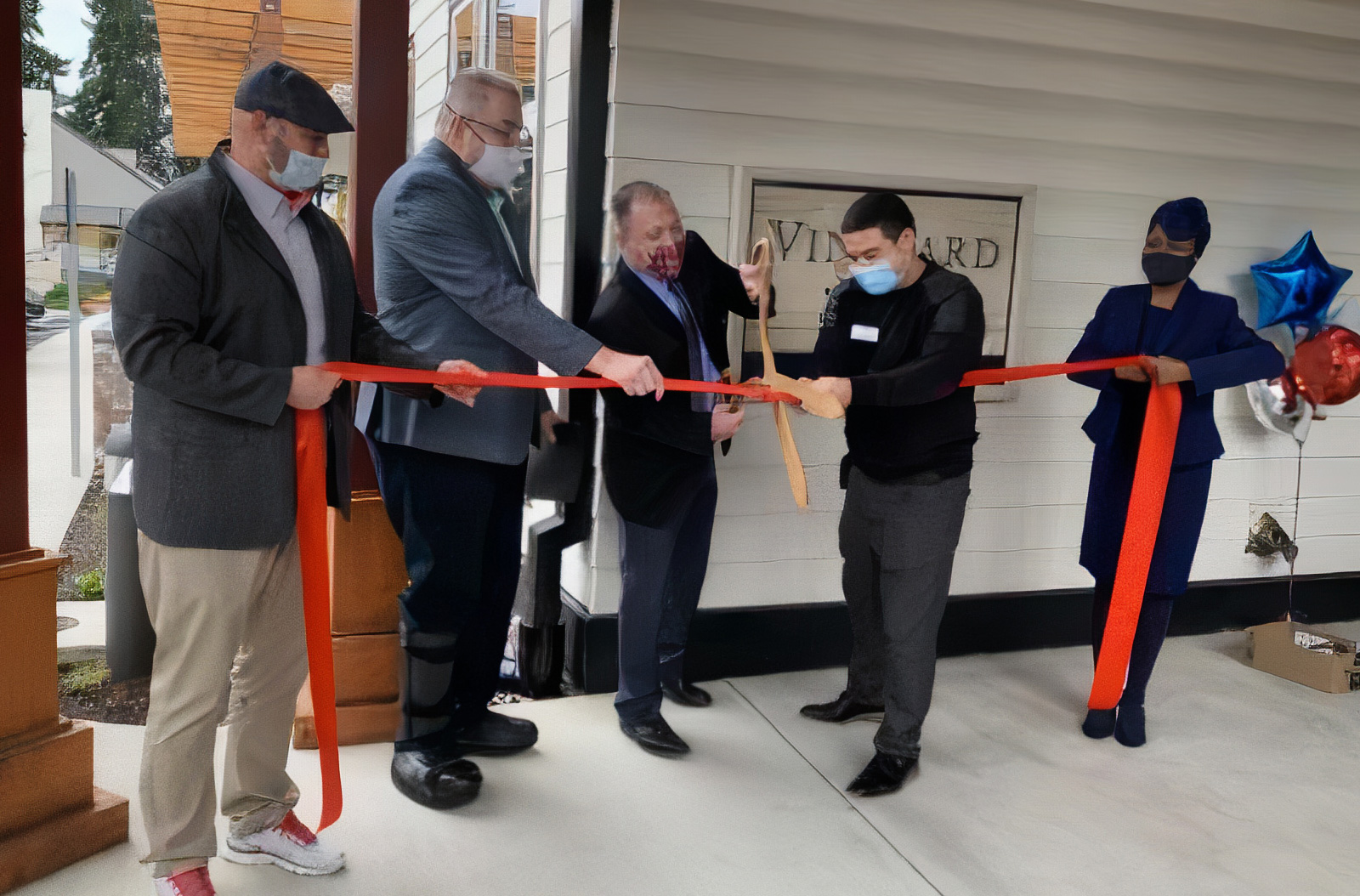Radio Show Podcasts
Medicaid If You’re Single And Have Income
If you are a single Medicaid applicant, what happens to your income? Almost every dollar is accounted for in the Medicaid rules — where can you expect that money to go? Generally, for a single person, a person's income is used before Medicaid dollars. There are three places where money is usually going to go: 1) your personal needs allowance (spending money); 2) rent if you're in an assisted living community; and 3) health insurance premiums.
Medicaid When You Have Income
Elder Law Attorney Jim Koewler joins Suzanne to talk about how Medicaid and other long-term care situations handle retirees who continue to receive income the rest of their lives. Income payments can come from Social Security retirement benefits, disability benefits, pension payments, VA pension payments, annuity payments, or income from rental properties.
Live Event: MorningStar of Kirkland, with Janet Sederquist
Suzanne joins executive director Janet Sederquist at Kirkland, Washington’s new MorningStar of Kirkland to talk about this over55 independent living community. The process of elder care can be a daunting, overwhelming task, whether for yourself or a loved one, and their doors are always open to help.
Live Event: MorningStar of Kirkland, with Lolly Bruschere
Suzanne joins concierge Lolly Bruschere at Kirkland, Washington’s new MorningStar of Kirkland senior living community. As a faith-based organization, MorningStar puts humanity, faith, and ethics first. Everyone is welcome regardless of their personal faith, and residents are treated like family.
Live Event: MorningStar of Kirkland, with Karin Hirst
Suzanne joins director of hospitality Karin Hirsch at Kirkland, Washington’s new MorningStar of Kirkland senior living community. Karin is responsible for resident satisfaction, so she knows the families and residents to serve them best.
Live Event: MorningStar of Kirkland, with Jennifer Graham
Suzanne joins community relations director Jennifer Graham at Kirkland, Washington’s new MorningStar of Kirkland senior living community. If you're thinking of downsizing, consider this new over-55 independent living community. The vibe here is like having a daily vacation, or being on a cruise ship.
All About The Cottages of Renton
Suzanne joins Community Relations & Marketing Director Tanya Hilson to talk about the The Cottages of Renton, a CarePartners Senior Living community just for seniors who have dementia and Alzheimer's. The layout is unique. Each Cottage opens and exits into an expansive but secure outside interior courtyard allowing residents the freedom to safely stroll, exercise and enjoy open spaces among landscaped walkways and surroundings. The memory care community offers three small, cozy cottages, each with a maximum of 20 residents. This design concept allows them to provide senior loved ones with personal attention they deserve in a familiar, intimate, calm and safe environment.
What is Assisted Living, with Melanie Caoagas
Suzanne joins direct of nursing Melanie Caoagas for the grand opening weekend at Vineyard Park of Covington in Covington, WA. Melanie oversees the physical health and wellness of the residents: giving them medications, keeping communications with doctors and families, customizing their care plans, and keeping residents informed. The community's assisted living options offer personalized assistance, supportive services and compassionate care in a professionally managed, carefully designed, retirement community setting. It's for seniors who can no longer live on their own, but don’t need 24-hour, complex medical supervision.
All About Assisted Living, with Keith Roberts
Suzanne joins Community Relations Director Keith Roberts at Vineyard Park of Covington in Covington, WA to talk about the details of assisted living. For example, if mom is fine but dad needs help, they have a bonded pairs program where they can come and live together. The care can be provided for dad, mom can live independently, and we'll have an individualized care plan specifically tailored to dad's needs. And if dad ever needed memory care, and it started to not be safe for him to stay here at Vineyard Park, we could literally move him across the parking lot and he can stay with us in memory care as well. She can go visit him whenever she wants, plus she can take him out for activities on this side. There are so many options... if she needed to go to the grocery store, or just needed a little break, she can bring him back.
Vineyard Park Grand Opening Weekend, with Keith Roberts
Suzanne joins Community Relations Director Keith Roberts for the grand opening weekend at Vineyard Park of Covington in Covington, WA. Assisted living is a whole new ball game these days because you have so many amenities: you get the theater, you get the activities, you get the best of everything. Being able to come into a community, know you're going to be cared for, have activities, be able to socialize with folks who are on the same journey as you, make new friends, establish new close bonds, and have a good experience and live with dignity for the rest of your life.













